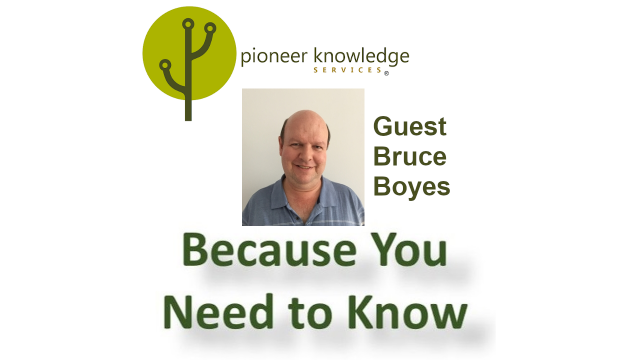
Are natural systems an appropriate reference point for complexity discussions in KM?
This week I heard it said that what makes organisations different from natural systems is that organisations are far from an equilibrium, with natural systems considered to operate close to equilibrium because they are by definition largely self-sustaining.
Are these assumptions in regard to natural systems correct?
Do natural systems reach equilibrium?
It is now understood that ecosystems are complex adaptive systems that are progressively changing (even if that change is imperceptible to humans), so never reach a state of “equilibrium” or “balance”.
Because of this, the approach is now to understand variability in natural systems and from that determine how they will respond to change, and then manage them so that they will be resilient and able to adapt to ongoing change to the greatest extent possible.
An example is the Shoalhaven Environmental Flows project that I worked on in New South Wales, Australia.
Are natural systems self-sustaining?
While some ecological systems evolved without the significant influence of humans so could be considered self-sustaining (for example those in the Amazon basin), that isn’t the case with many. Because of human influences on natural systems, the term “socio-ecological systems” is now preferable to “ecosystems”.
A classic example is the once extensive woodlands of eastern Australia, where species composition and structure have been significantly shaped through the human use of fire over thousands of years.
The cessation or modification of Aboriginal fire regimes following European settlement has resulted in significant ecological changes, and it is only through active human intervention that these changes can be reversed and the original ecological structure maintained (fortunately we have good historical records and other information that have allowed us to create a fairly accurate picture of ecological systems at the time of European settlement).
The active human management of fire in Australia’s natural areas is achieved through fire management strategies for National Parks and other reserves and community-based research-driven organisations such as the South-East Queensland Fire and Biodiversity Consortium which I was involved in initiating in 1998.
As well as being shaped by humans, ecological systems in most of the world have now been pushed to or past the brink of ecological system breakdown as a result of human activity. Without active, ongoing human intervention these ecological systems won’t survive, or aren’t surviving.
Sadly, there are abundant examples of such ecological decline around the world. Active human intervention to address this decline is achieved through activities such as species and ecosystem recovery planning, and I have pioneered local and regional community-based initiatives in this regard.
The resources required for the human interventions needed to reverse global ecological decline far exceed those that governments are willing to allocate, so the controversial concept of ecological triage is now being put forward.
Also published on Medium.






